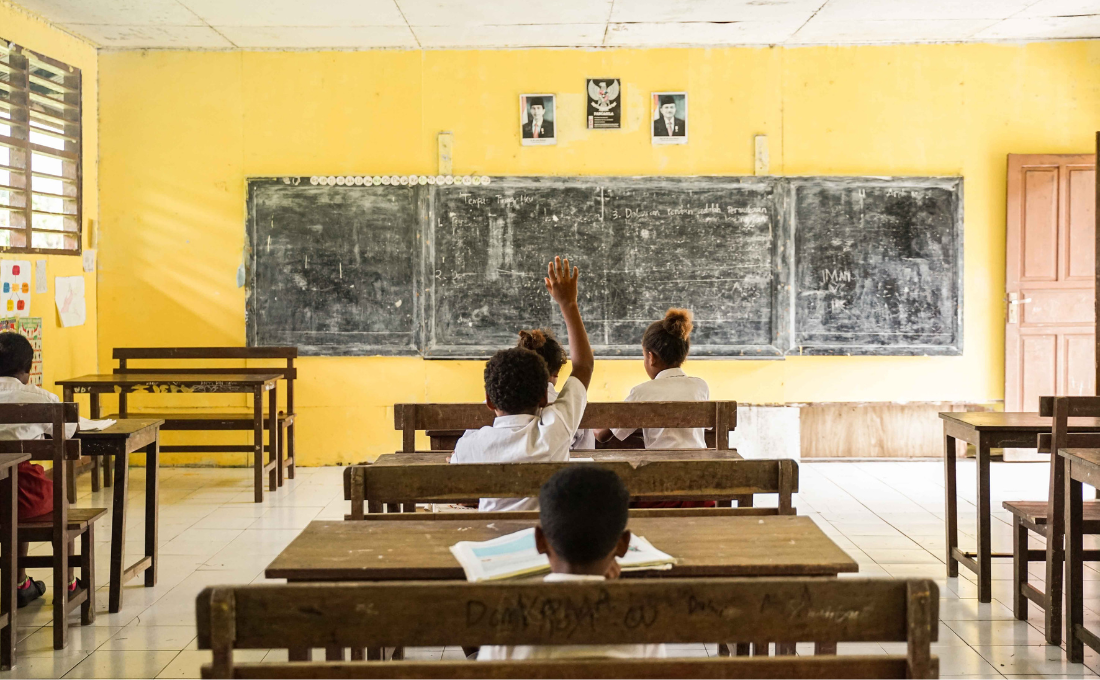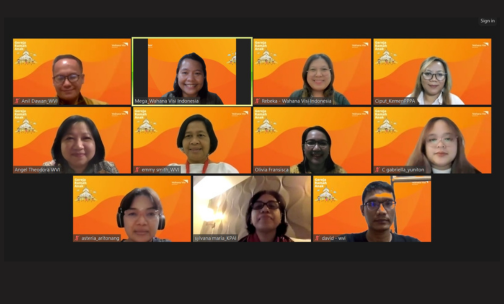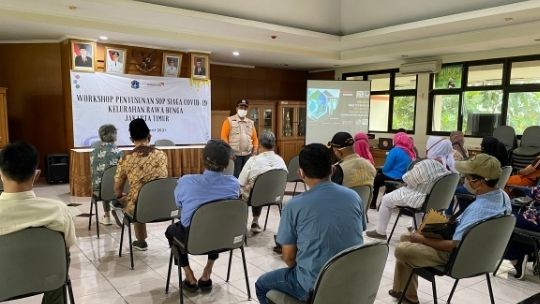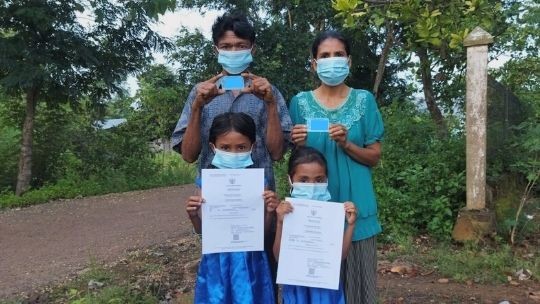Literacy Outbreak? Crisis in Children's Basic Literacy Skills in Remote Areas

The term KLB (Kejadian Luar Biasa, outbreak) is more commonly used in a health context, specifically to refer to a sharp increase in the number of cases of the same disease within a certain timeframe and region. In education, the most commonly used terms are `problem', `challenge' or `crisis'. However, in some cases, the term outbreak can be used metaphorically to refer to a dramatic increase in certain problems in education, such as an outbreak of bullying in schools.
Regardless of which term is used to describe the current state of literacy, the urgency to take action that is "not ordinary" is something that needs to be taken seriously. Data from the PISA (Program for International Student Assessment) results in 2018 (before the pandemic) showed that all of Indonesia's scores were relatively down in all areas (reading, science and mathematics). In fact, at present, because the impact of the “learning loss” pandemic is unavoidable, as a result, the literacy of children in the remote areas is getting worse, which is limited by various accesses to support the implementation of education.
Reading Literacy Activity index data (Ministry of Education and Culture, 2019) shows 4 provinces with the lowest index, namely, Papua, West Papua, West Kalimantan, and East Nusa Tenggara. Meanwhile, the results of Wahana Visi Indonesia's baseline survey in 2021 in 236 elementary schools (N=3,069) spread across 5 districts show that only 44.25% of grade 3 students can read and understand reading, the rest cannot read (39.26%) and are still beginner readers (16.49%). This transition to becoming a "reader to learn" determines children's retention in school and also plays an important role in their future success, both in physical and mental health, better economic opportunities, self-resilience, critical thinking in responding to change, and being able to contribute to their community.
Indonesia has been independent for 78 years, but the reality is that there are still many children and communities who still do not feel fully independent because they have not been able to get out of poverty due to limitations in accessing basic services, especially education. Poor infrastructure, limited access to facilities and infrastructure, lack of quantity and quality of teachers and education personnel, high dropout rates, and low awareness of the importance of education (literacy) for children have become latent problems in the remote areas. Extra work is needed to unravel these challenges that accumulate into this crisis.
WVI responds to this literacy crisis by taking an approach based on the child's ecological environment. Starting from intervening with children directly through quality literacy activities, both at home and around the neighborhood (Kampung Literasi) outside of school hours. Followed by training and mentoring on parenting and literacy to parents and caregivers. In formal schools, WVI trained teachers and principals on contextualized and fun literacy learning using the Wahana Literasi approach.
Improving children's literacy in the early grades of primary school will have a good impact on the child's own development, both in terms of mastering vocabulary or having broad horizons, having a key foundation in critical thinking, and improving their quality of life. Some of the essential life skills that eventually develop when a child's basic literacy is achieved include: being able to communicate well, being able to work together or collaborate, being able to solve problems and having the courage to make decisions for themselves.
WVI sees that literacy issues, especially in the remote areas, must be addressed with a holistic approach and the participation of the local community. The model program implemented by WVI called Wahana Literasi is an approach that intervenes in literacy issues by involving all stakeholders who have the same vision for children's welfare. Intervention in schools through training for teachers and principals, encouraging community action through awareness of the importance of literacy education for children, opening literacy parenting classes for parents/caregivers, developing teaching materials and contextual reading books, reading house activities with tutors in the village are expected to have a significant impact on improving children's literacy, especially in remote areas. Of course, with strong support and commitment from policy makers in ensuring that education budgeting in the remote areas is well allocated and monitored so that the ideals of advancing Indonesia's human resources can be realized.
Writer: Marthen S. Sambo (Education Team Leader)



